Google urges Apple to embrace RCS as standard, ditch SMS for Android texts
#GetTheMessage seeks to create viral pressure on Apple, with Google shaming its competitor for clinging to standards from which the rest of the market has moved on
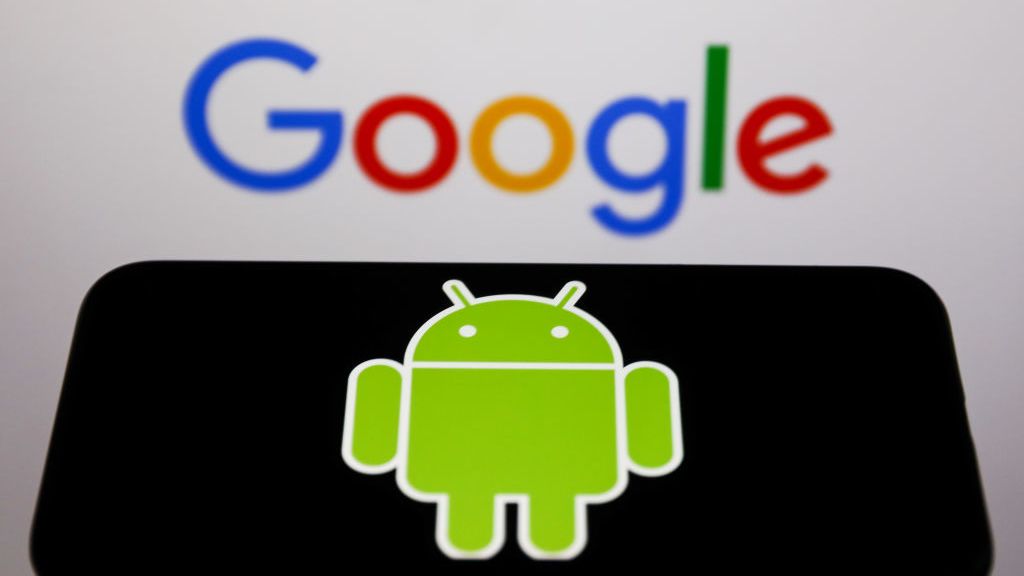

Google has launched a campaign urging Apple to embrace rich communication services (RCS) as standard on the iPhone, citing the myriad benefits that it provides over short message service (SMS).
With #GetTheMessage, Google aims to raise awareness of the benefits of RCS messaging, and pressure Apple to ditch SMS between Android and iOS once and for all. Android already uses RCS as its messaging standard, but texts sent from Android to iPhones are processed as SMS messages.
A dedicated page on the android website is home to the campaign, which highlights SMS problems such as bad photo and video compression, lack of read receipts, no end-to-end encryption (E2EE) and inconsistent support for Wi-Fi texting.
Beyond the benefits of these features for consumers, RCS carries a host of useful tools for businesses. Read receipts give marketing teams greater insight into analytics of text campaigns, while RCS also allows QR codes and location data to share information about businesses.
The standard even allows customers to purchase items or arrange appointments within their messaging app. Moreover, RCS allows for messages to acquire a verified label, similar to the tick system on Twitter, to establish the trusted status of a business and prevent customers from falling prey to phishing.
Multimedia messaging service (MMS) is used as the standard to send photos and video from Android to iPhone, as SMS is only able to process text. However, MMS has a file size limit of 3.5MB, tiny in comparison to RCS’ limit of 105MB.
Get the ITPro daily newsletter
Sign up today and you will receive a free copy of our Future Focus 2025 report - the leading guidance on AI, cybersecurity and other IT challenges as per 700+ senior executives
SMS messages are transmitted from the phone of a user to a cell tower, which routes the message to the nearest cell tower of the recipient by way of an SMS centre. As a result, SMS messages only require basic cell service to be sent.
RCS requires an internet connection to send messages, be that cell or Wi-FI, but this lets it support the kind of complex messages that users are looking to send on modern smartphones. 4k video, high-resolution images, read receipts and emoji reactions are all commonplace within messages, and are catered for by iMessage and Google Messages but only within their respective ecosystems.
Google states that RCS is supported by over 500 Android device manufacturers, but that in holding out on adopting the standard, Apple is creating a digital divide.
When an Android user messages someone on iOS, their message bubbles are coloured green to distinguish them from other iOS messages, which are shown in blue bubbles. After a January Wall Street Journal report that Android-using teenagers in iMessage group chats face peer pressure to switch to iPhone to be 'blue' rather than 'green', senior vice president of Android Hiroshi Lockheimer responded with a Tweet claiming Apple purposefully divides Android users as a business tactic.
“Apple’s iMessage lock-in is a documented strategy,” he asserted.
“Using peer pressure and bullying as a way to sell products is disingenuous for a company that has humanity and equity as a core part of its marketing. The standards exist today to fix this."
Indeed, consumers and businesses have been forced to use third-party apps such as WhatsApp to fulfil these needs across an employee base with a mixture of Androids and iPhones. Even the government have used WhatsApp for back-channel communications, prompting the Information Commissioner’s Office (ICO) to call for a review.
The upgrade has arguably been a long time coming, with SMS having been in commercial service since 1992. RCS was first developed in 2007, with Google announcing support for the standard as far back as 2016 and officially adopting it in 2018.
Samsung, long a holdout on adopting the standard, announced this year that its S22 range would adopt Google Messages as the default messaging app, and with it finally accept the switch to RCS.
“Apple turns texts between iPhones and Android phones into SMS and MMS, out-of-date technologies from the 90s and 00s,” Google stated in the blog post.
“But Apple can adopt RCS—the modern industry standard—for these threads instead. Solving the problem without changing your iPhone to iPhone conversations and making messaging better for everyone.”

Rory Bathgate is Features and Multimedia Editor at ITPro, overseeing all in-depth content and case studies. He can also be found co-hosting the ITPro Podcast with Jane McCallion, swapping a keyboard for a microphone to discuss the latest learnings with thought leaders from across the tech sector.
In his free time, Rory enjoys photography, video editing, and good science fiction. After graduating from the University of Kent with a BA in English and American Literature, Rory undertook an MA in Eighteenth-Century Studies at King’s College London. He joined ITPro in 2022 as a graduate, following four years in student journalism. You can contact Rory at rory.bathgate@futurenet.com or on LinkedIn.
-
 Bigger salaries, more burnout: Is the CISO role in crisis?
Bigger salaries, more burnout: Is the CISO role in crisis?In-depth CISOs are more stressed than ever before – but why is this and what can be done?
By Kate O'Flaherty Published
-
 Cheap cyber crime kits can be bought on the dark web for less than $25
Cheap cyber crime kits can be bought on the dark web for less than $25News Research from NordVPN shows phishing kits are now widely available on the dark web and via messaging apps like Telegram, and are often selling for less than $25.
By Emma Woollacott Published
-
 The ultimate guide to getting your killer app off the ground
The ultimate guide to getting your killer app off the groundIndustry Insight When building software, the process of designing, testing, prototyping, and perfecting your project is never ending
By Jon Spinage Published
-
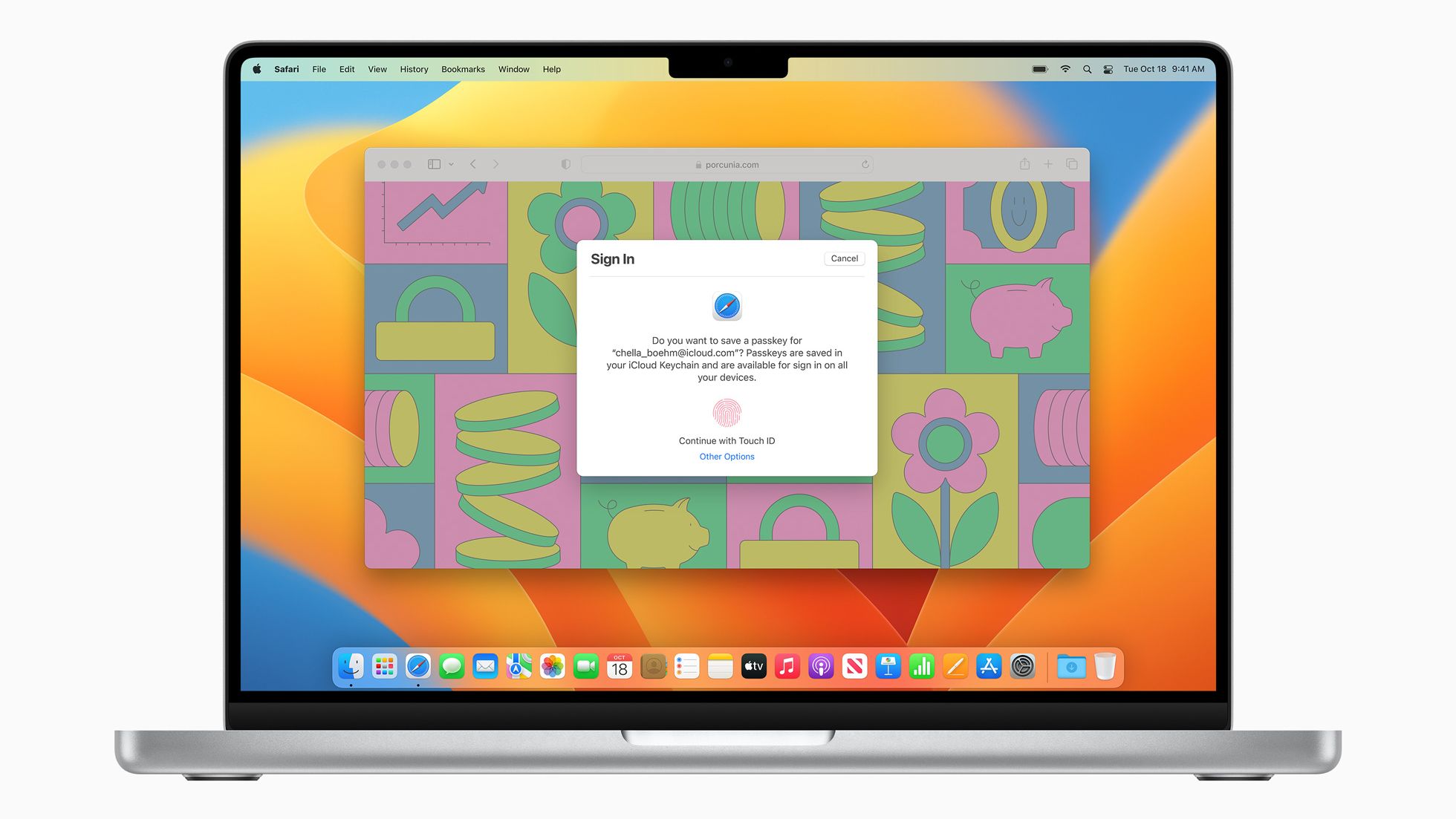 New macOS Ventura security features make for a compelling upgrade
New macOS Ventura security features make for a compelling upgradeAnalysis Organisations will be sure to welcome the new security features, as well as the collaboration and organisational tools included in the new free update
By Zach Marzouk Published
-
 How to turn on Bluetooth for Windows 10
How to turn on Bluetooth for Windows 10In-depth A step by step guide to turning on Bluetooth in Windows 10 and easily connect your keyboard, mouse, headphones, or printer
By Zach Marzouk Published
-
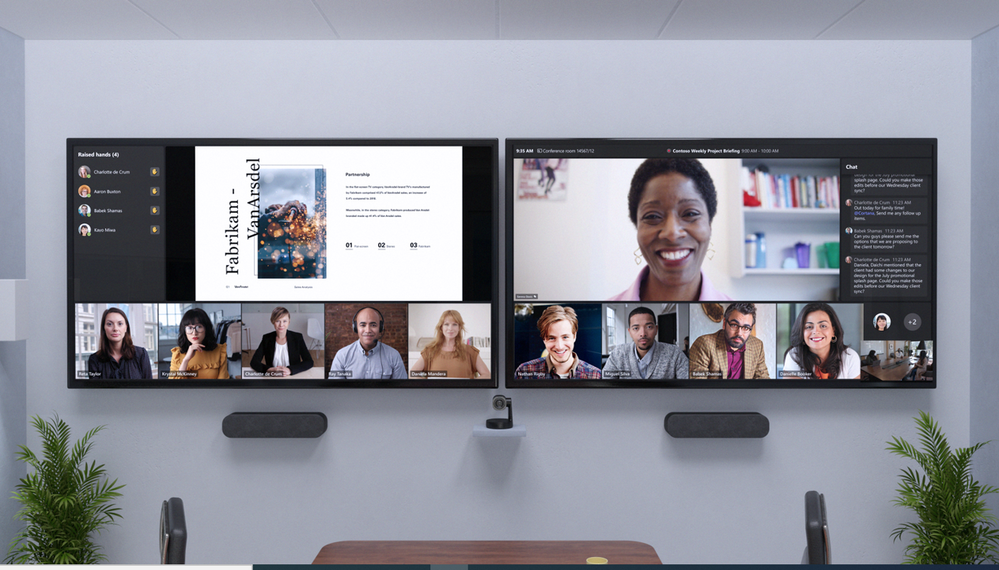 Microsoft reveals price decreases for Teams Rooms, new free tier
Microsoft reveals price decreases for Teams Rooms, new free tierNews Under the new plans, businesses with certified hardware can use the service at no extra cost
By Rory Bathgate Published
-
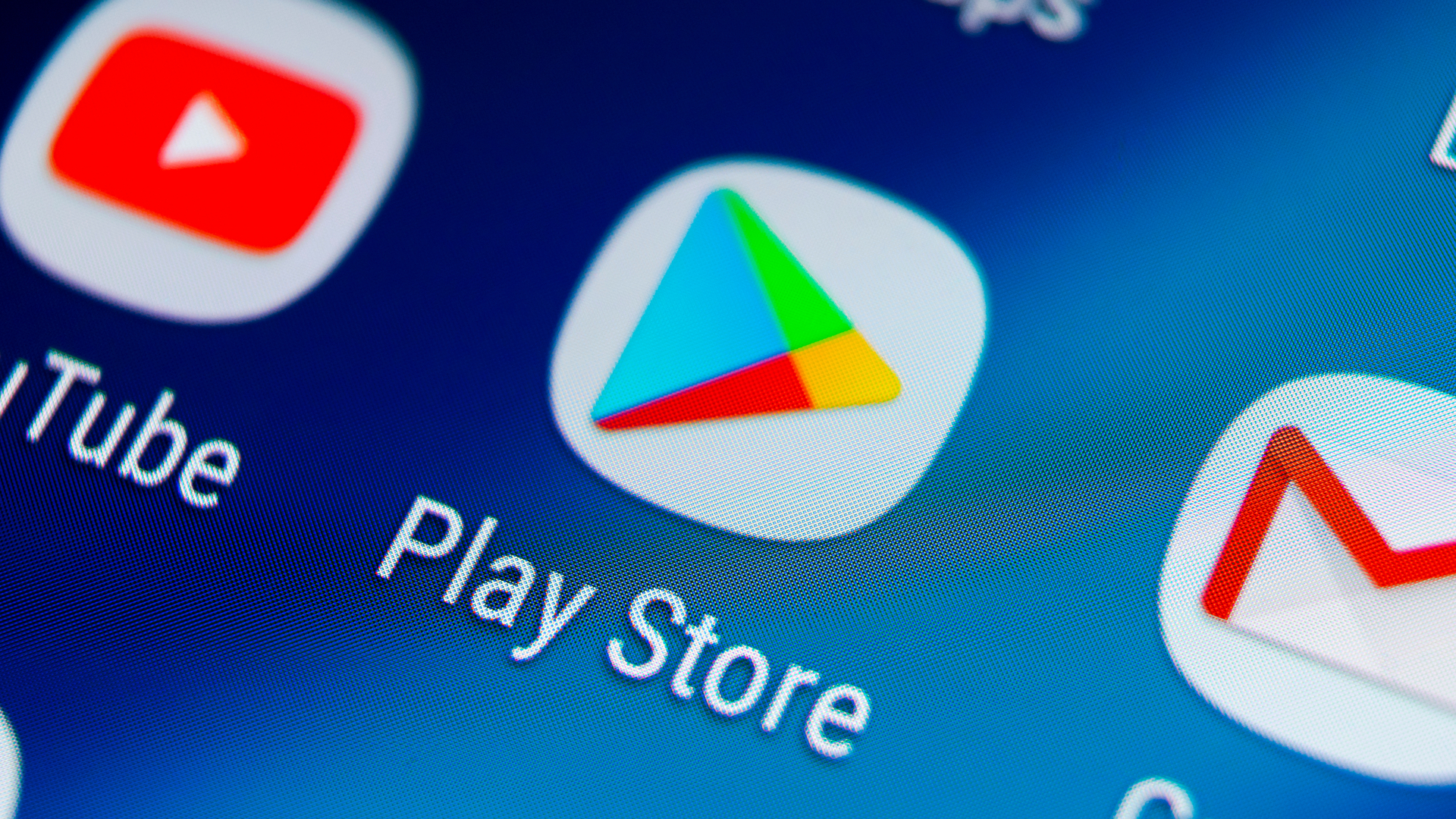 Google to pay $90 million settlement over Play Store billing dispute
Google to pay $90 million settlement over Play Store billing disputeNews The tech giant also announced changes to its Developer Distribution Agreement
By Praharsha Anand Published
-
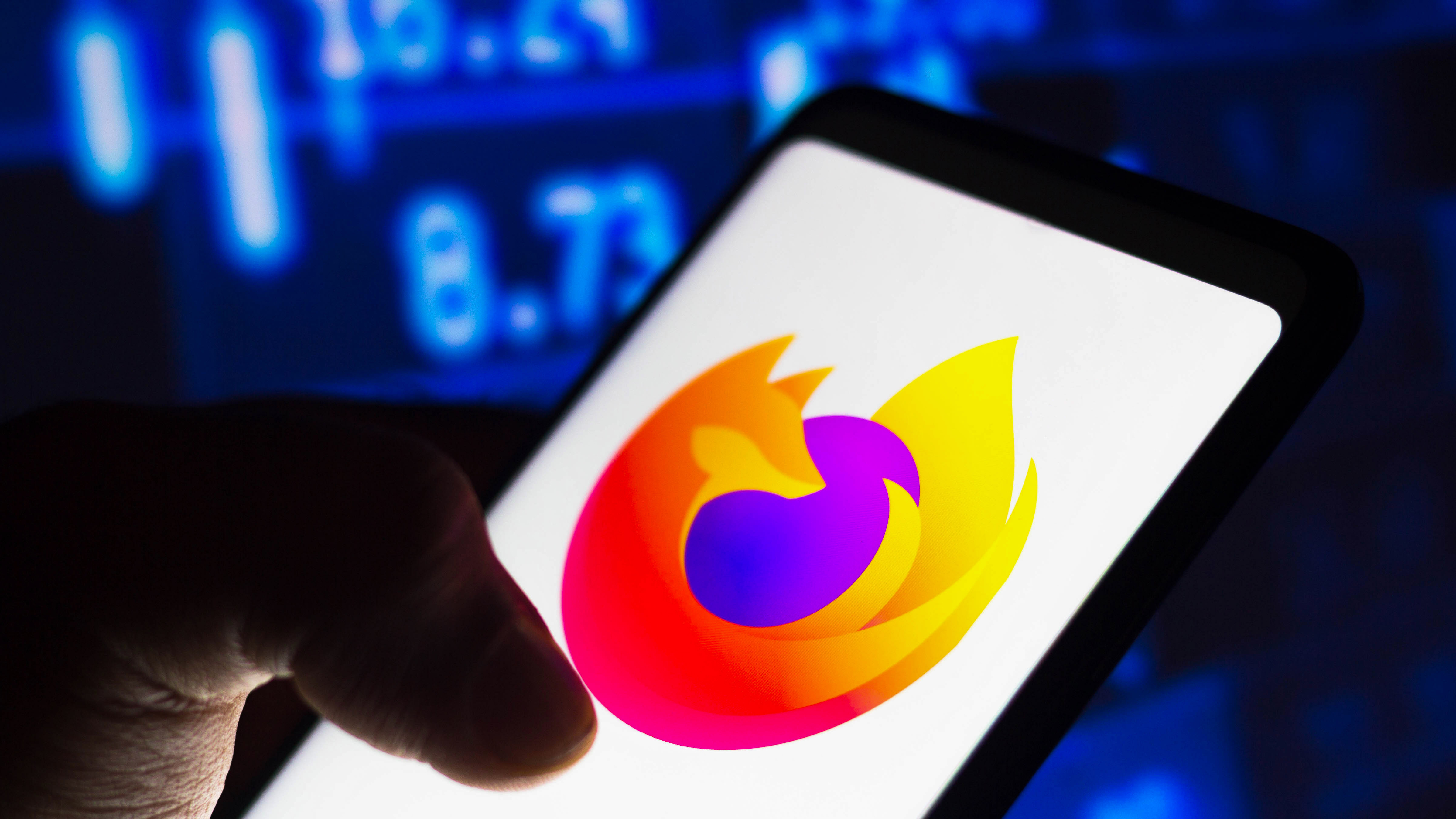 Mozilla suspends cryptocurrency donations following backlash
Mozilla suspends cryptocurrency donations following backlashNews However, the option to donate bitcoin to the Mozilla Foundation might return in the future
By Sabina Weston Published
-
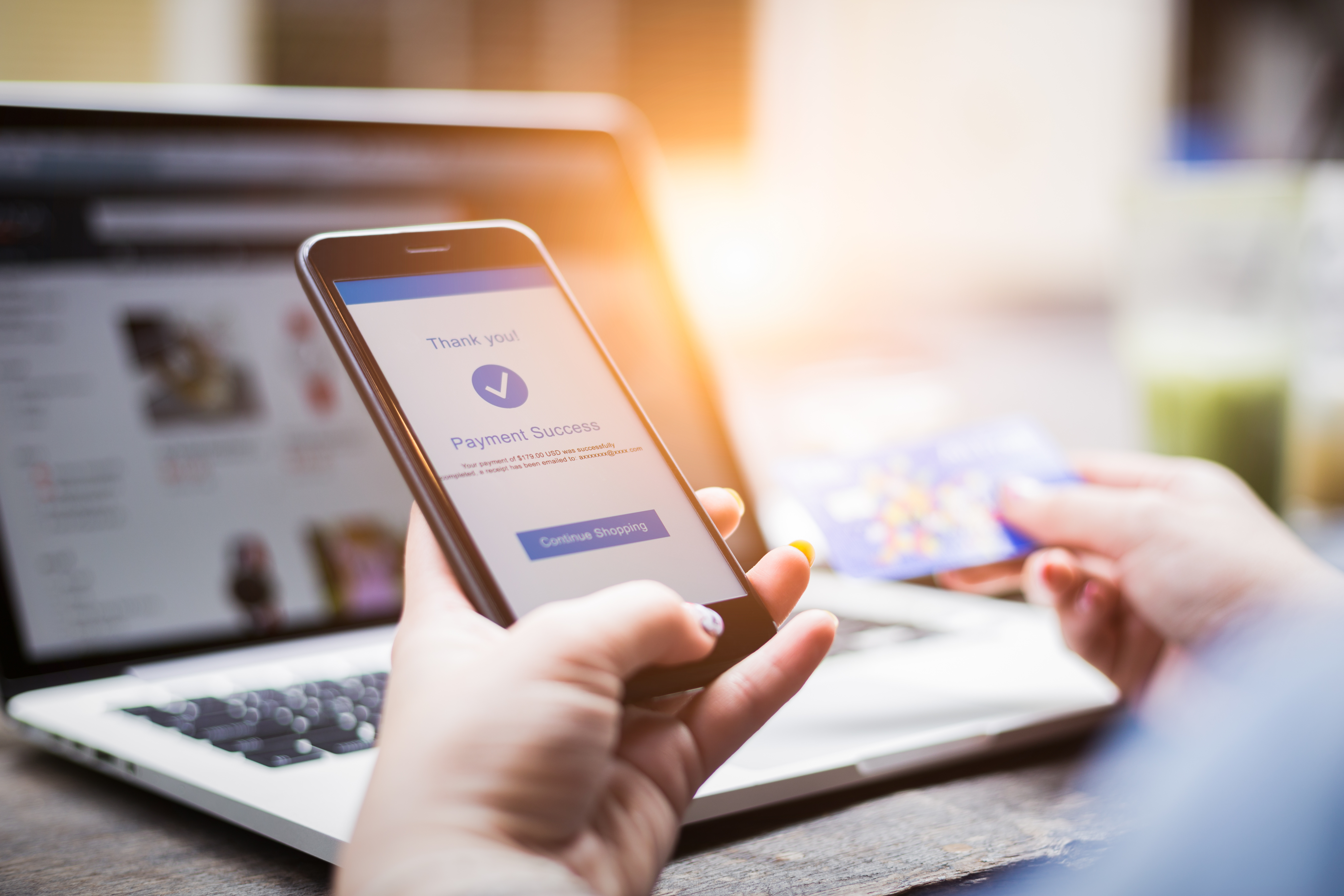 Nikulipe: Has COVID democratised online payments?
Nikulipe: Has COVID democratised online payments?Case Studies With more customers forced to buy online, are merchants offering the right ways to pay?
By Elliot Mulley-Goodbarne Published
-
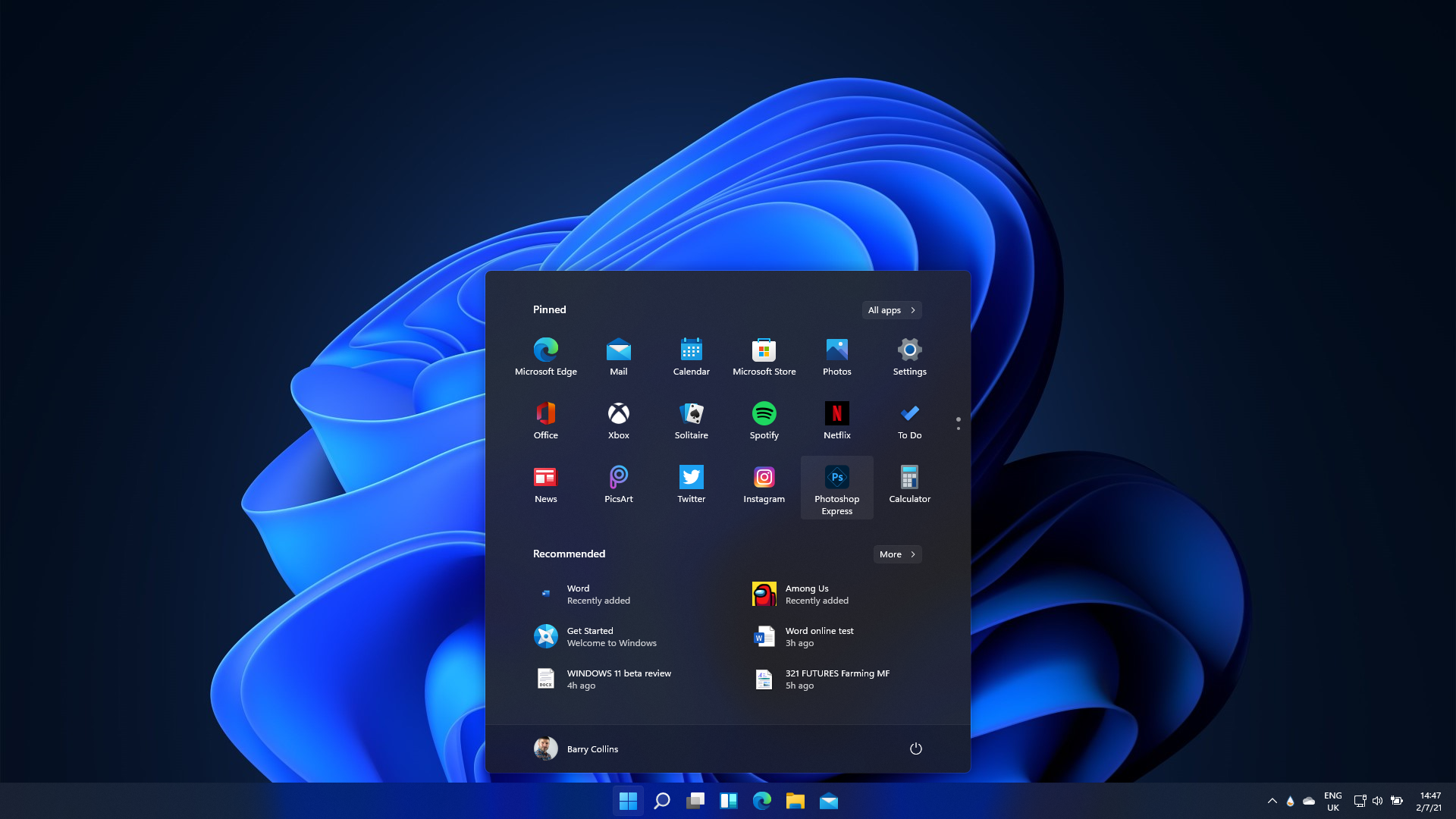 Most common Windows 11 problems and how to fix them
Most common Windows 11 problems and how to fix themTutorials Seven of the most common Windows 11 problems users encounter - and the steps you can take to fix them
By Barry Collins Last updated